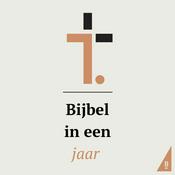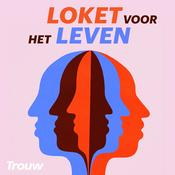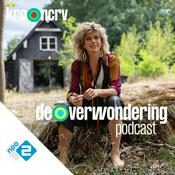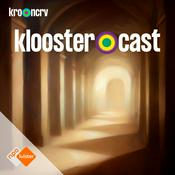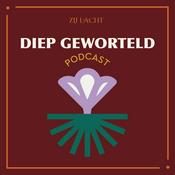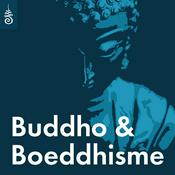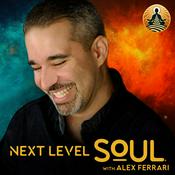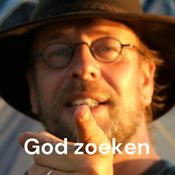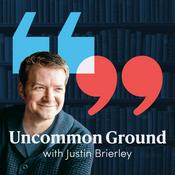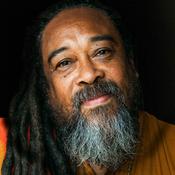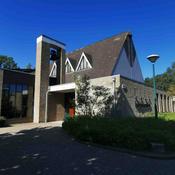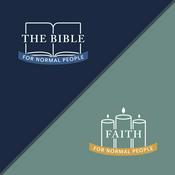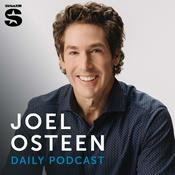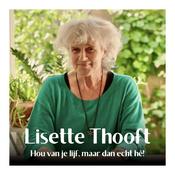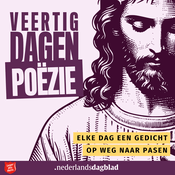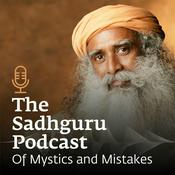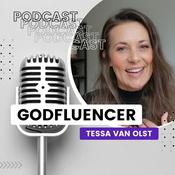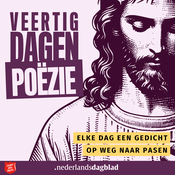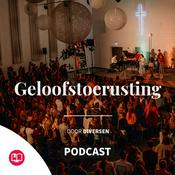312 afleveringen
- Nonduality is about pointing. We cannot describe Ultimate Reality, but we can point to it. This idea is repeated often. You have undoubtedly heard many times the Zen proverb about not mistaking the finger pointing to the moon for the moon itself. And this is helpful. It helps us look beyond ideas, words, doctrines, and beliefs to know Reality directly. What is not often mentioned is that pointing can itself be a barrier to spiritual awakening. Pointing is misleading. It assumes that Reality is over there somewhere, where we are pointing. Pointing is therefore mis-pointing.
View Marshall's books here:
https://www.amazon.com/stores/Marshall-Davis/author/B001K8Y0RU - Today I am recording on another topic, one that has been coming up recently in correspondence and conversations. I think it may be helpful if it were addressed. The topic is Spiritual FOMO. FOMO is, of course, the acronym meaning Fear Of Missing Out. I notice Spiritual FOMO both in Christian circles and among people interested in nondual spirituality.
In nonduality it comes in the form of Enlightenment FOMO. Quite a few people who reach out to me are afraid that they are going to miss out on enlightenment. They are afraid they will continue to miss out. They do not get it, and they are afraid that they will never get it. They have been trying spiritual practices for years, and they feel like they will never spiritually awaken. They are afraid that they will never be enlightened, at least not in this lifetime, if they believe in multiple lifetimes. They feel like giving up.
There is a parallel in Christianity. Many Christians feel like they are missing out on something important in the spiritual life that their form of Christianity is not providing them. That there has to be something more than what they are experiencing in their church or tradition or religion or personal spiritual practices. That they are missing out on the fullness of God, on the genuine spirituality. Sometimes among Christians this fear goes all the way to feeling like they are going to miss out on heaven.
View Marshall's books here:
https://www.amazon.com/stores/Marshall-Davis/author/B001K8Y0RU - In this episode I am exploring sayings 38 and 39 in the Gospel of Thomas. Both have parallels in the canonical gospels, but not exactly. Once again context – or more exactly lack of context – is an important factor in the interpretation of these sayings of Jesus. I will read the sayings in Thomas for you.
Jesus said, "Often you have desired to hear these sayings that I am speaking to you, and you have no one else from whom to hear them. There will be days when you will seek me and you will not find me."
Jesus said, "The Pharisees and the scholars have taken the keys of knowledge and have hidden them. They have not entered nor have they allowed those who want to enter to do so. As for you, be as sly as snakes and as simple as doves."
View Marshall's books here:
https://www.amazon.com/stores/Marshall-Davis/author/B001K8Y0RU - In this episode I am looking at two sayings in the Gospel of Thomas, sayings 36 and 37. Both have to do with clothing. Here they are:
Jesus said, "Do not be concerned from morning until evening and from evening until morning about what you will wear." His disciples said, "When will you become revealed to us and when shall we see you?" Jesus said, "When you disrobe without being ashamed and take up your garments and place them under your feet like little children and tread on them, then will you see the Son of the Living One, and you will not be afraid."
View Marshall's books here:
https://www.amazon.com/stores/Marshall-Davis/author/B001K8Y0RU - Today I am covering two sayings in the Gospel of Thomas. Sayings 34 and 35. I am doing this because they are short, and they are making the same point. They are also very similar to sayings that we find in the New Testament gospels. For that reason, the difference in interpretation of these sayings really is a matter of context.
Here are the two sayings as found in the Gospel of Thomas: Jesus said, "If a blind person leads a blind person, both of them will fall into a hole." Jesus said, "One can't enter a strong person's house and take it by force without tying his hands. Then one can loot his house.”
View Marshall's books here:
https://www.amazon.com/stores/Marshall-Davis/author/B001K8Y0RU
Meer Religie en spiritualiteit podcasts
Trending Religie en spiritualiteit -podcasts
Over The Tao of Christ
The Tao of Christ is a podcast which explores the mystical roots of Christianity, which Jesus called the Kingdom of God, which church historian Evelyn Underhill called the Unitive Life, which Richard Rohr calls the Universal Christ, and which I refer to as Christian nonduality, unitive awareness, or union with God. This is the Tao of Christ.
Podcast websiteLuister naar The Tao of Christ, KUKURU en vele andere podcasts van over de hele wereld met de radio.net-app
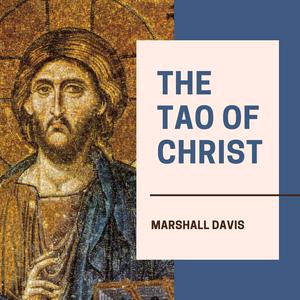
Ontvang de gratis radio.net app
- Zenders en podcasts om te bookmarken
- Streamen via Wi-Fi of Bluetooth
- Ondersteunt Carplay & Android Auto
- Veel andere app-functies
Ontvang de gratis radio.net app
- Zenders en podcasts om te bookmarken
- Streamen via Wi-Fi of Bluetooth
- Ondersteunt Carplay & Android Auto
- Veel andere app-functies


The Tao of Christ
Scan de code,
download de app,
luisteren.
download de app,
luisteren.






